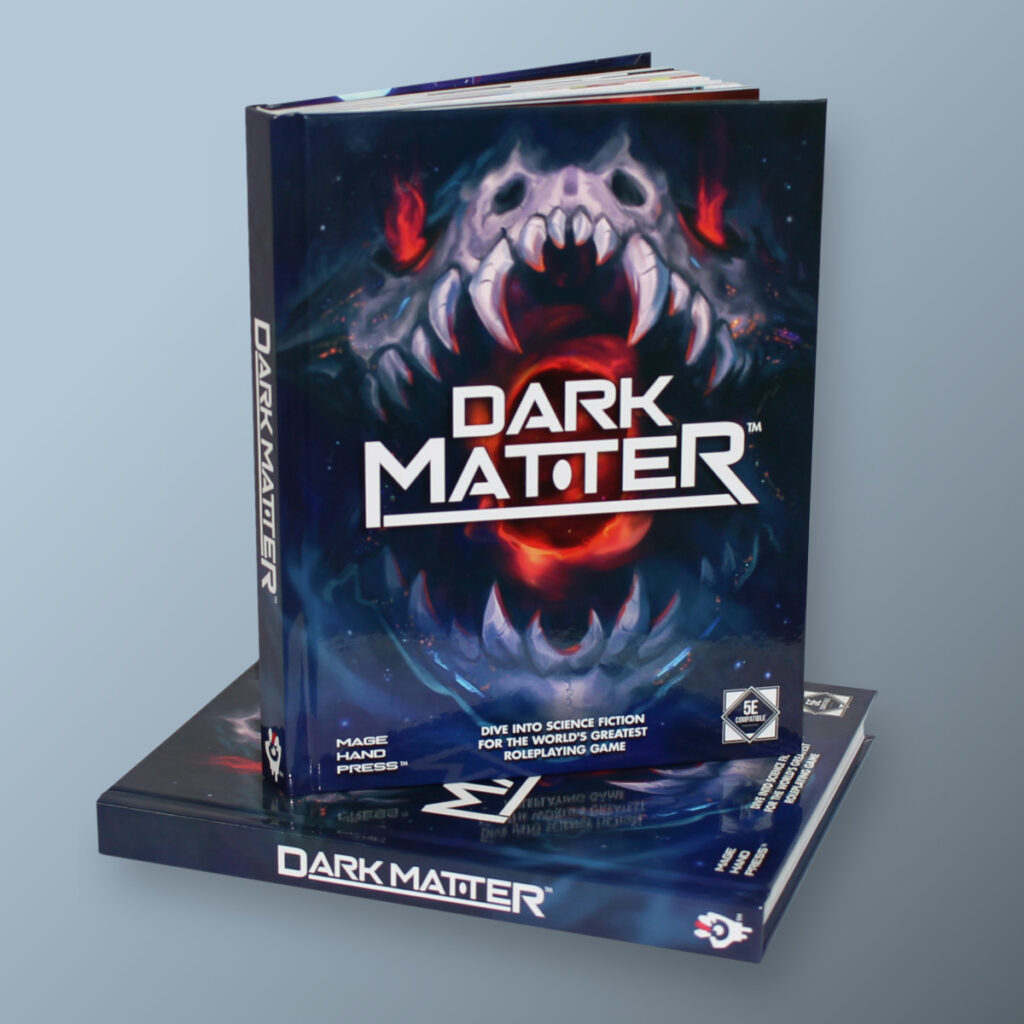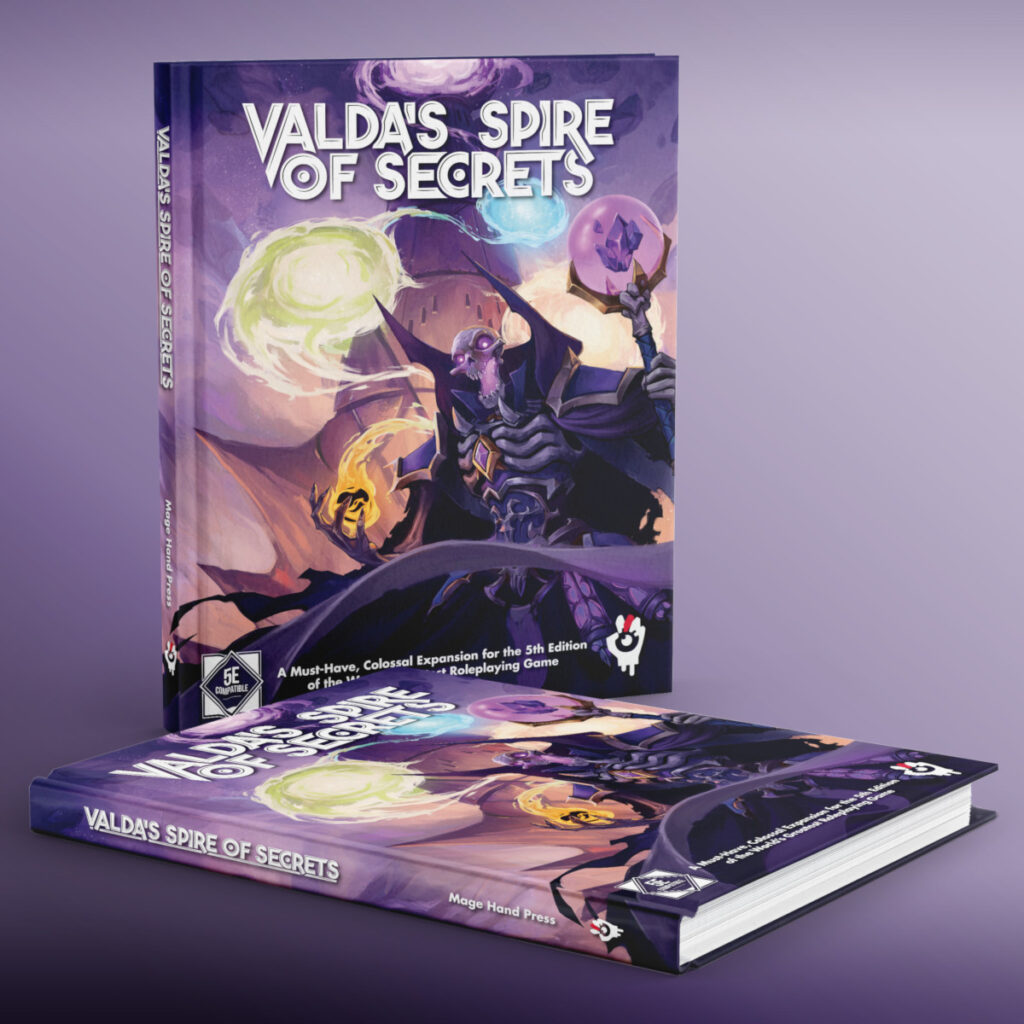Comments from the Finger: Fifth edition has a lot of strengths, but investigations are not normally one of them. The finer points of collecting clues, unraveling a mystery, and cracking a case are left almost entirely to the DM. With these rules, we hope to rectify that.
Investigation Rules
When a mystery is afoot or the characters stumble upon an unfamiliar scene, it’s time to investigate. An in-depth investigation involves much more than use of the Investigation skill; it demands inquisitive thinking, sharp observation, and careful deduction on the part of the characters, plus a bit of preparation (or practiced improvisation) on the part of the GM.
Investigations
The following rules divide investigations into three parts:
Setting the Scene. Generally, investigations are localized to a single scene where clues can be uncovered and conclusions can be reached. This might be a crime scene, where evidence is left behind, or something as innocuous as a minister’s office where the characters hope to uncover information.
The GM sets the scene with some exposition describing all the relevant details in the area. Simultaneously, the GM also secretly establishes some information which is concealed at the scene, to be unraveled from the information left there. The GM shouldn’t describe every detail or unimportant object in the scene; as the players begin their investigation, they’ll have time to explore the details more closely.
Asking Questions. Investigations are led by players asking the GM specific questions about the scene. Questions like, “What’s in the jacket’s pockets?”, and, “Is the blood fresh?”, are excellent specific questions. The GM should present answers detailing what the characters discover and how they do so, but not delve into the conclusions this information points to. For example, the GM can state, “You reach your hand into the minister’s pockets and feel something small and cold: a silver arrowhead, marked with three intersecting lines”.
If a player is unsure which question to ask (or the GM thinks that a player’s question is too vague), the player can roll an ability check using a skill of their choosing. Rolling a check is a shot in the dark; the player doesn’t need to specify their reasoning for the check or what they hope to accomplish. A player can only use each skill once in a scene. If the check is successful and turns out to be relevant, the GM can reveal fruitful information. For example, if a player is unsure which questions to ask about the minister’s office, they can make an Intelligence (History) check to notice anything out of the ordinary. On a success, they notice that the minister’s personal library contains a half-dozen books on the witch-burning trials of a century ago. Using the Investigation skill is largely a freebie, allowing players to generally notice things which are out of place.
Deductions. At any time, players can ask a question which pieces together information uncovered at the scene with a deduction that explains something previously unknown. For our example, the players can ask “Is the minister is part of a circle of witch-hunters?” If the players successfully deduce the hidden information placed by the GM, the GM confirms this and the characters gain a Lead. Leads can be spent when piecing the mystery together.
Players can only deduce information relevant to the Investigation at hand. Larger ruminations on more complex mysteries should be unraveled when the characters piece the mystery together.
Piecing the Mystery Together
Sometimes it’s necessary to scratch your chin and think about all the evidence gathered during an adventure to strike at the underlying mystery. Over the course of four hours, or during a long rest, the characters can meet and piece the mystery together. When they do so, the GM restates all the clues and provides relevant context. Like an investigation, players ask questions of the GM, but on large mysteries, the GM answers only with “Yes“, “No“, and occasionally, “Redacted“; the latter is for answers which are neither yes nor no, questions which contain some important false assertion, and conclusions which the characters simply couldn’t deduce from their current information. Players can ask a number of questions equal to the number of characters trying to piece the mystery together, and can expend a Lead to ask an additional question.



